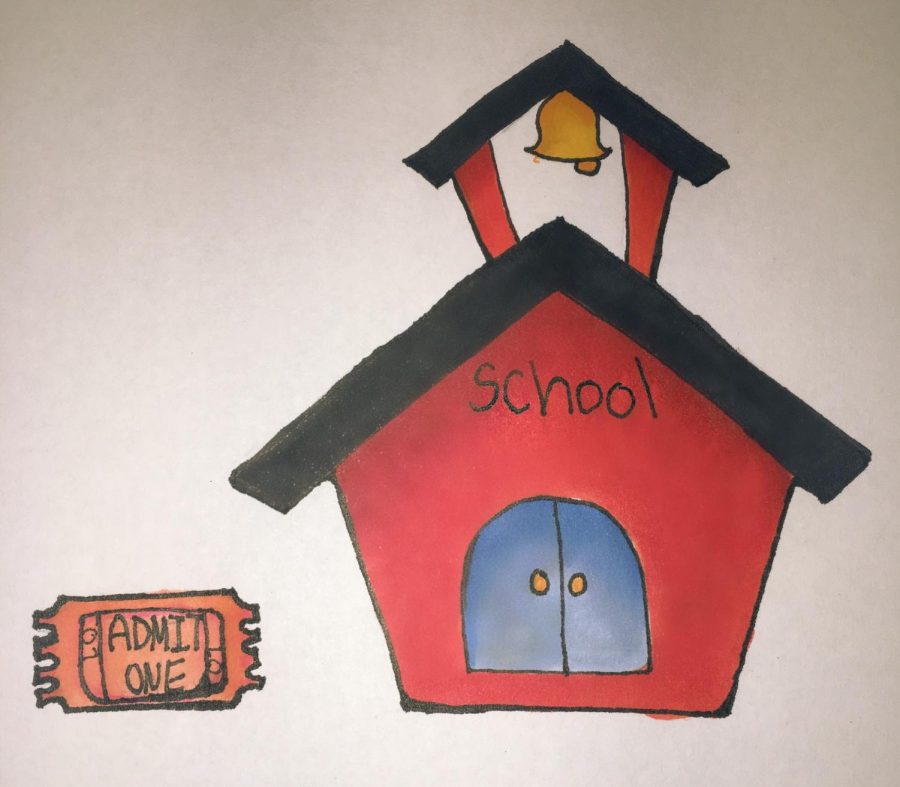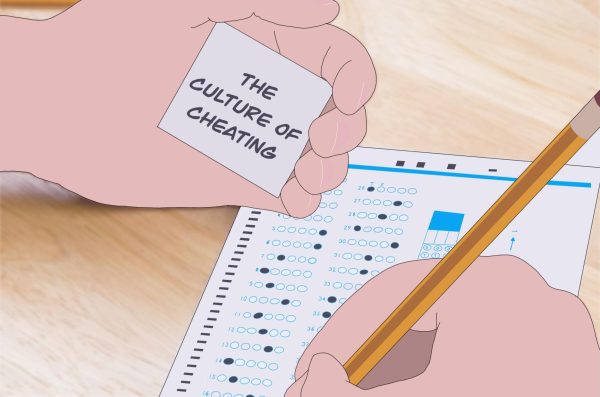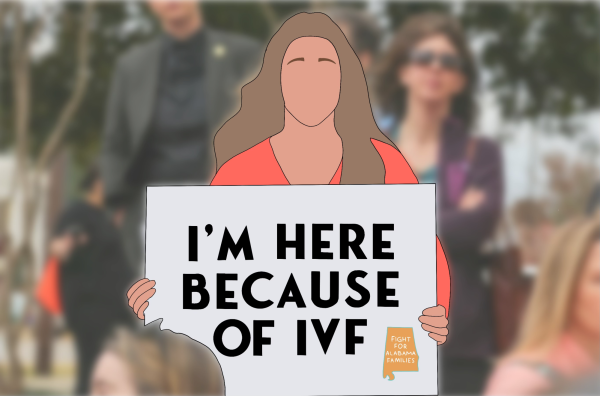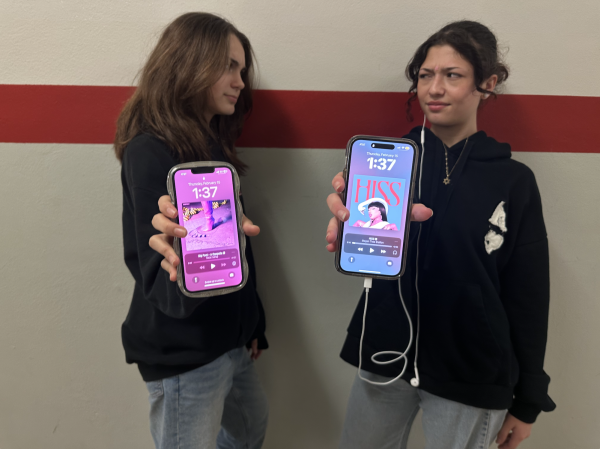School Lottery Admissions: A Raffle for Education
The lottery system takes a toll on students
Nov 10, 2017
Most students have a dream school they would love to get into. In fact, most students have worked extremely hard and have dedicated themselves to many extracurricular activities to grab the attention of said schools. What they don’t know is that if their dream school practices the lottery system, then there’s a high chance that they might not get to fulfill their dreams. The lottery system in school admissions is basically a ‘name out of the hat’ way of selecting students to attend the school. Lottery systems are unfair and they should be replaced by a system like the ones used by colleges. For example, schools should be looking at a combination of interviews, past curriculum that has been taken and extracurricular activities.
One of the biggest cons of the lottery system is that it does not let students express themselves. With the lottery system, schools can neither see if the student is ready for the rigorous curriculum nor if they are genuinely interested in attending the school. Schools should host an interview with the applicant to see what the student has to offer besides basic numbers. Through interviews, schools would be able to see if the student is a great fit for the school. An interview is not only beneficial to the schools, but also for the students who are unsure of which school they actually want to attend. In some cases, students are in-between schools and an interview is a factor that they can use to determine where they will go to receive a good education. Similar to the benefits schools get from interviews, students are able to determine if the school they are applying to is a place where they feel comfortable and where they feel as if they belong. In addition, students should be able to participate in a campus tour to get a feel for the campus because the atmosphere of the school’s environment affects the student’s efficiency of learning.
Moreover, with the lottery system, parents submit an application and students take a test (if it is required by the school). Then, those who satisfy the school’s education requirements are put in the ‘hat.’ However, when students are applying to said schools, they are also looking at the strength and presence of programs pertaining to their interests such as art, music, STEM, at the school. For instance, a student who wants to have a STEM career in the future is most likely applying to a relatively nearby STEM-focused school. However, at the same time, another student that is not as devoted to STEM may apply and the lottery could pick them over the first student, thus making lottery system in no way fair to students.
“The lottery system isn’t fair to kids that work hard daily, and it is degrading because when those kids aren’t accepted, they tend to mistake rejection for something they did wrong,” sophomore Kristen Sosa said.
The lottery system was created to prevent schools from becoming socially selective in order to protect the image of the school. They were also created to ease over-subscription in schools because it sifts out the unqualified students and puts the qualified students into the lottery. Additionally, the lottery system aims to eliminate bias by setting aside as many personal qualities that may differentiate one candidate over another as possible. Though this does prevent bias in the selection of students, depending on the kind of program the school offers, it may be too unbiased. For example, if the lottery at a STEM-focused school is based partly on GPA, and an applicant does well in English classes by earning great grades and not so well in Math classes by earning not so great grades, then the average GPA would balance out and the student could still potentially be included in the lottery and can potentially be selected to attend the school in spite of a not-so-strong Math background.
Although it is great for the students who get accepted, one must consider the students that are interested in the school but didn’t get accepted. After all the hard work, the school places the student on a waiting list that could be 500 students long. The lottery system makes parents and students, who were aiming for success but failed, feel bad about themselves. Additionally, the system forces students to go to a school they are not interested in because they were either wait-listed or rejected. If a student who was wait-listed still wants to go to the school, then they can put their name in the ‘hat’ again, therefore making it unfair to new students applying because their chances of getting in just got lower.
“I was actually accepted when I [got] put into the lottery system, but I think it is unfair because they accepted kids that did the bare minimum instead of the kids that really tried,” junior Adriana Molinares said.
To be frank, the lottery system is the easy way out for a school to admit students. The lottery system should be removed, and a new system should take its place for students to prosper in whichever school they are truly interested in. Education shouldn’t be in the place of Play 4, Powerball or the Florida Lotto since it is not a game of chance.
[powr-poll id=db1addf1_1510509592826]






















